Discover Audio research news
Audio research news

Audio research news
Author: The Transmitter
Subscribed: 286Played: 14,739Subscribe
Share
© Simons Foundation
Description
Your latest update from The Transmitter, an essential resource for the neuroscience community, dedicated to helping scientists at all career stages stay current and build connections. Read more: https://www.thetransmitter.org/
440 Episodes
Reverse
Rather than act as a simple switchboard for innate behaviors, the hypothalamus encodes an animal’s internal state, which influences behavior.
Since debunking an urban legend that headbutting animals don’t damage their brain, Nicole Ackermans has been investigating how the behavior correlates with neurodegeneration.
A competition to design small, efficient neural models might provide new insight into real brains—and perhaps unite disparate modeling efforts.
Kampff’s do-it-yourself approach inspired a generation of neuroscientists.
The atlas also offers up molecular and cellular targets for new pain therapies.
Amid the rise of billion-parameter models, I argue that toy models, with just a few neurons, remain essential—and may be all neuroscience needs.
Simple behavioral assays—originally validated as drug-screening tools—fall short in studies that aim to unpack the psychedelic mechanism of action, so some behavioral neuroscientists are developing more nuanced tasks.
The comprehensive resource details data on microcephaly, polymicrogyria, epilepsy and intellectual disability from 352 people.
These guidelines can help researchers ensure the integrity of their work while accelerating progress on important scientific questions.
A growing list of medications—such as zuranolone for postpartum depression, suzetrigine for pain, and the gepants class of migraine medicines—exist because of insights from basic research.
Synchronized signals in non-neuronal retinal cells draw the tiny compartments of a fruit fly’s compound eye into alignment during pupal development.
Four experts weigh in on how to establish ethical guardrails for research on the 3D neuron clusters as these models become ever more complex.
The dataset contains images of children’s faces downloaded from websites about autism, which sparked concerns at Springer Nature about consent and reliability.
Generative artificial intelligence will offer a new way to see, simulate and hypothesize about how animals experience their worlds. In doing so, it could help bridge the long-standing gap between neural function and behavior.
Neuronal activity induced by the psychedelic drug strengthens inputs from sensory brain areas and weakens cortico-cortical recurrent loops.
Machine learning should not be a replacement for human judgment but rather help us embrace the various assumptions and interpretations that shape behavioral research.
The 2013 Nature paper by Mattia Rigotti and his colleagues revealed how mixed selectivity neurons—cells that are not selectively tuned to a stimulus—play a key role in cognition.
Cerebrospinal fluid shows brain-region-specific dynamics, a new high-resolution MRI approach reveals.
Some age-related changes in the brain and in behavior are not solely the result of cognitive decline but rather part of a larger adaptive process.
Many well-known perimenopause symptoms arise in the brain, but we still know little about the specific mechanisms at play. More research—in both animals and humans—is essential.



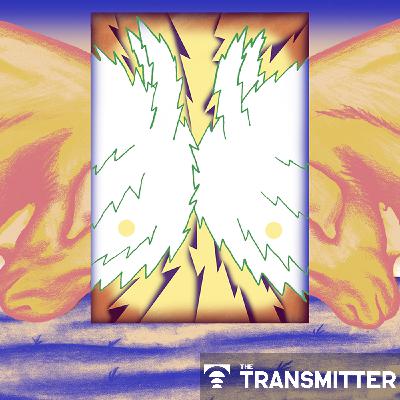


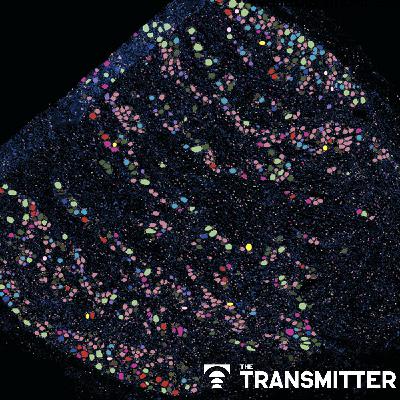
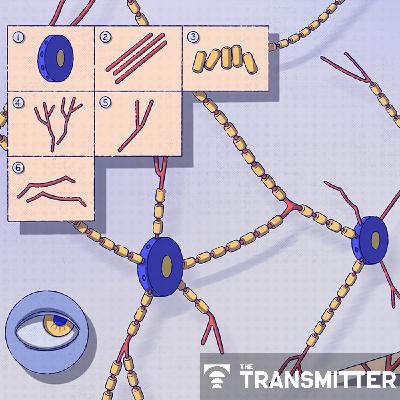
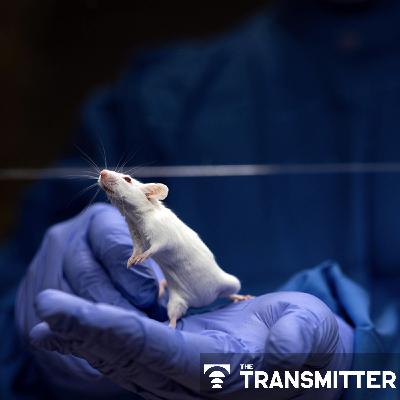



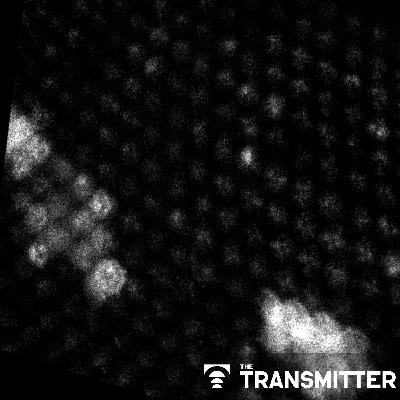


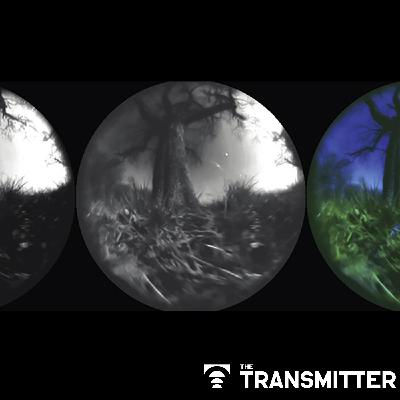

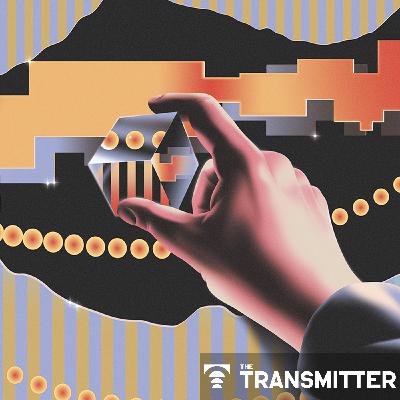
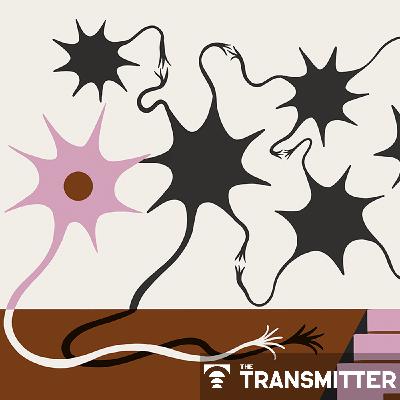
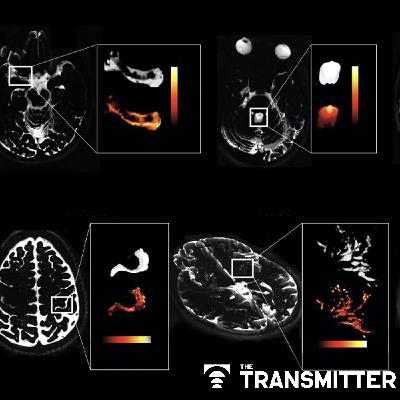
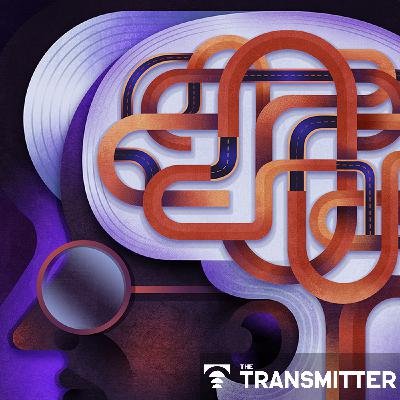
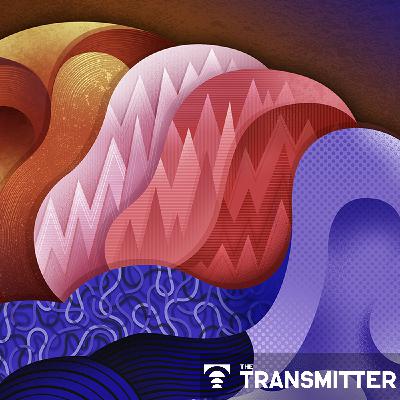



great show, very informative, and always moving with the times.